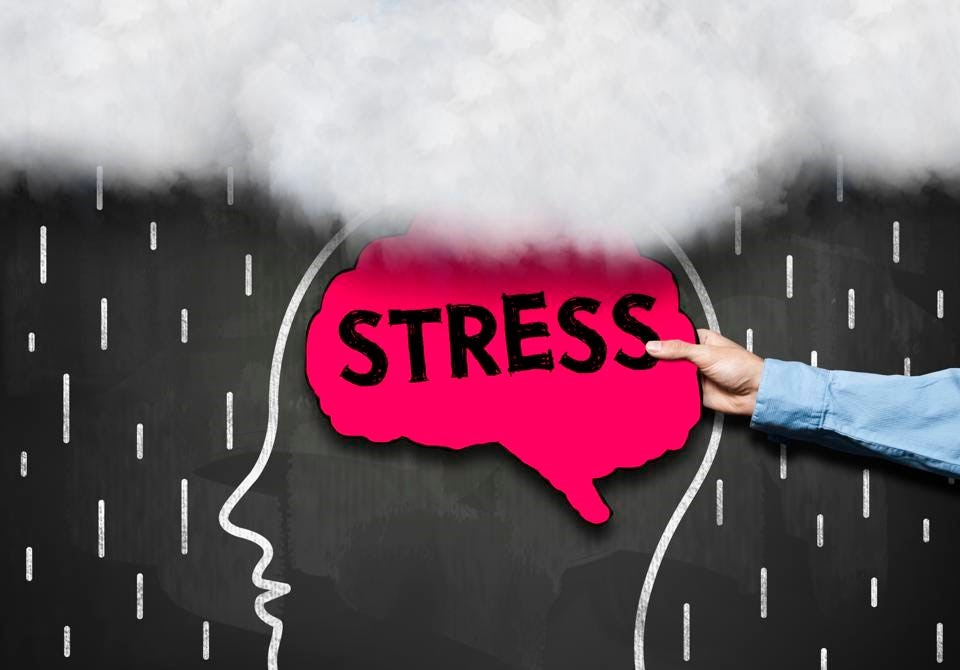You awake to the sun streaming through your windows after a good night’s sleep and you begin to get ready for the day. You feel calm and happy. Then, the phone rings with an emergency message from your co-worker that means the likely destruction of the project you have been working on for 6 months. And, your four year old wakes up cranky and slightly feverish which means no preschool and you now need to find alternative care for her. Your heart starts beating louder, and you begin to feel the all-too-familiar panic setting in. Everything seems to switch into hyperdrive with your mind racing for solutions amid the inner critic thoughts that are muddying the waters.
Sound familiar? In the blink of an eye, events seem to have the power to flip us from calm to crazy. We lose sight of everything except the immediate, unexpected event. We let ourselves become less of who we are and, as a result, we often don’t make the best decisions at a time when we need to make good decisions. Our mind’s ability to create excessive worry and anxiety hijack our capabilities to be focused, clear and compassionate.
Fortunately, we can begin to interrupt this conditioned behavior with a few simple practices:
- Notice that you are beginning to get overwhelmed. Mindfulness training teaches you to pay attention to the way your body experiences stress. Do your neck muscles get tight? Do you clench your jaw? Do you get queasy? These physical sensations are ‘early warning signals’ that tell you that you need to de-escalate so you don’t react badly.
- Learn simple mindfulness practices to help you regain a sense of stability. I teach Purposeful Pauses as powerful ways to interrupt the mind’s ability to generate excessive stress, and cloud our ability to see things clearly. Purposeful Pauses can be a simple as feeling the sensations of your breath for a few minutes, or walking down the hall paying attention to the feelings of your feet as you move. Learn more about Purposeful Pauses at the end of this post.
- As you begin to feel more centered and calm, take a few moments to challenge some of the thoughts and worries that were arising. How many of them are true? Is the evaluation of ‘disaster’ necessarily true? What is called for now (rather than the reaction you were about to do)?
- On an ongoing basis, a good way to meet stress differently is to try to keep things in perspective by ending each day with a journal entry noting 3 things for which you are grateful. Try not to repeat anything and see how many days you can go. I suspect you will be surprised.

